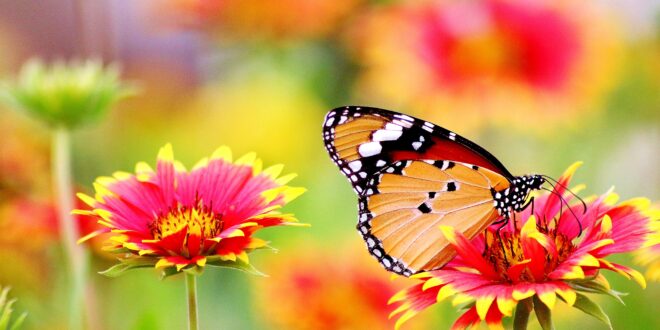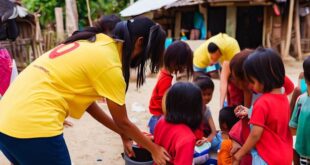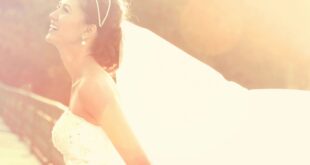Mary Ann Bird was born with multiple birth defects. She suffered not only from her physical impairments but also with the emotional trauma of “being different” from others.
I grew up knowing I was different, and I hated it. I was born with a cleft palate, and when I started school, my classmates made it clear to me how I looked to others: a little girl with a misshapen lip, crooked nose, lopsided teeth, and garbled speech.
When schoolmates asked, “What happened to your lip?” I’d tell them I’d fallen and cut it on a piece of glass. Somehow it seemed more acceptable to have suffered an accident than to have been born different. I was convinced that no one outside my family could love me.
There was, however, a teacher in the second grade whom we all adored — Mrs. Leonard by name. She was short, round, happy — a sparkling lady.
Annually we had a hearing test. Mrs. Leonard gave the test to everyone in the class, and finally it was my turn. I knew from past years that as we stood against the door and covered one ear, the teacher sitting at her desk would whisper something, and we would have to repeat it back — things like “The sky is blue” or “Do you have new shoes?” I waited there for those words that God must have put into her mouth, those seven words that changed my life. Mrs. Leonard said, in her whisper, “I wish you were MY little girl.”




